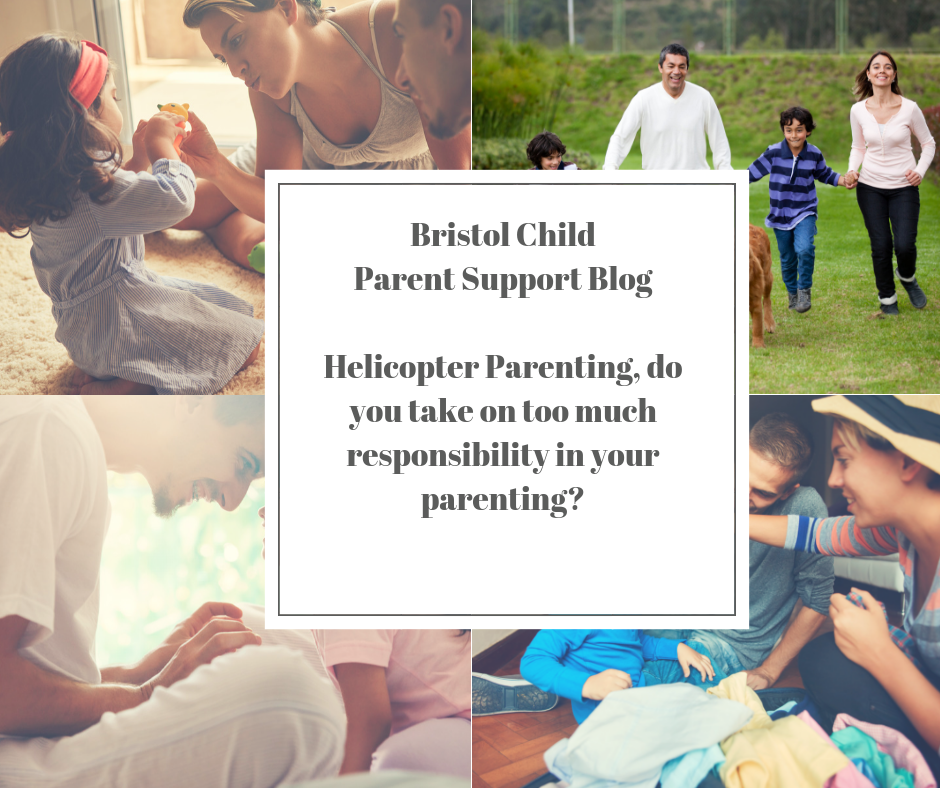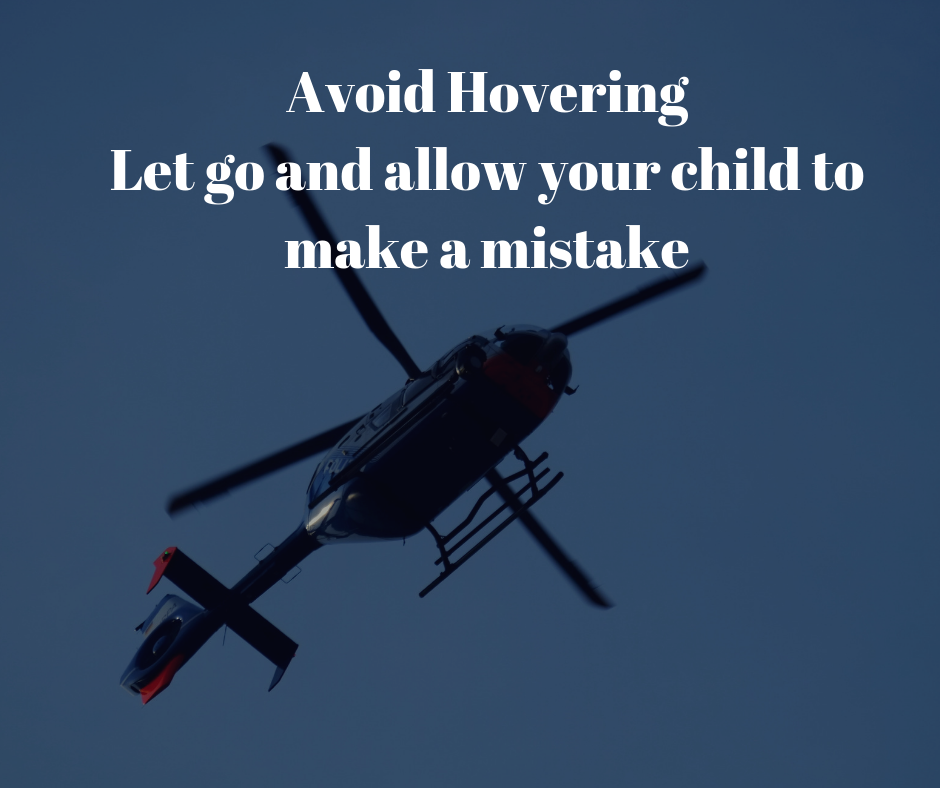I know that you want your child to be responsible and independent. Maybe, at the same time, you often feel the need to hover, supervise, control, and micromanage your children even when they should be doing things for themselves. This is called “Helicopter Parenting.” But you might not know that it could make things worse.
The Research Study Published in 2018 by the American Psychological Association
Nicole B. Perry, PhD, and her team from the University of Minnesota followed over 422 ( 2, 5, 10) children over eight years. They asked parents and children to play as they would at home and noted:
“Helicopter parenting behaviour we saw included parents constantly guiding their child by telling him or her what to play with, how to play with a toy, how to clean up after playtime and being too strict or demanding,” said Perry. “They reacted in a variety of ways. Some became defiant, others were apathetic, and some showed frustration.” Does this sound like you?
The Impact of Helicoptering Parenting through the age groups
At 2, a child whose parents were over-controlling had poor regulatory skills; at five. Moreover, they struggled with social skills and friendships and tended to misbehave within the school environment. Conversely, the children with a greater capacity to calm themselves when distressed had more friends and did better cognitively at school.
What you can do to avoid being a Helicopter Parent
1. Try and understand why you may feel the need to control or intrude. Maybe, it’s due to anxiety or fears that you or they will fail. Do you feel under pressure for them to succeed? Does this create pressure in you? If they do badly, will you blame yourself? If this sounds like you, be compassionate and maybe seek help to understand why. It’s likely rooted in your childhood and your experience of being parented, as those were two of the most formative experiences of your life.
2. Teach them how to manage emotions and feelings, educate them, and be positive role models.
3. Don’t do things that are your child’s responsibility. Promote problem-solving, and ask them what they can do to solve the situation. There are some more ideas in the video
4. Invite them to help you; I need help with this; can you help me with…..
5. Let your children deal with the natural consequences of their behaviour. If they don’t do their homework, they have to take responsibility for it.
6. Let your children fail; we all must make mistakes and learn from them.
7. Don’t make your children the total centre of your world. It’s good for children to learn to share with you, to be independent of you, and for you to have other things in your life that nourish you too.
I know how committed you are as a parent; how do I know this?
You’ve made it to the end of my blog, which only a committed parent would do. So good luck as we go towards the mad rush of December; I hope this helps. With Love Catherine




